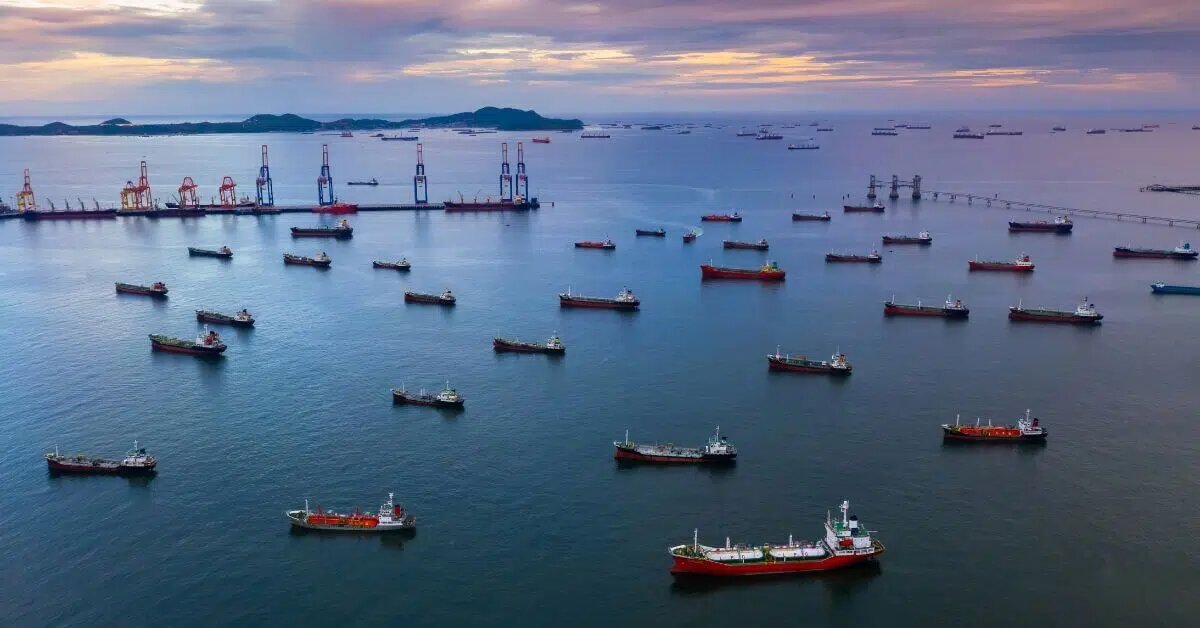Deal aims for development of ’standardised’ AI-enabled, floating gas power units, with initial deployment targeted for UK and Norwegian waters
A new agreement between SBM and Microsoft aims to develop a ’blueprint for global expansion’ of artificial intelligence (AI)-enabled offshore floating power generation units.
The deal aims to bring together Microsoft AI systems and SBM Offshore’s deepwater ocean-infrastructure expertise to develop offshore, gas-based floating power units that would be available to link into national energy grids. They could also be used to power electrification of energy systems and assets, including in industrial applications where carbon emissions are harder to abate.
“The collaboration aims to accelerate the adoption of floating power generation units to meet the growing demand for clean, reliable and dispatchable electricity for electrification and regional grid integration, while overcoming the barriers of conventional solutions in decarbonising industrial energy use,” a statement from the two companies said.
The companies said a “first phase” of the collaborative agreement would target deployment of SBM Offshore-developed floating gas power solutions with integrated carbon capture and storage (CCS) on the UK Continental Shelf and Norwegian Continental Shelf. The companies said they intend to “leverage” a relationship with Norway-based energy start-up Ocean-Power, which says it is introducing both offshore and near-shore power hubs. Ocean-Power said its hubs create high-efficiency power generation by using gas turbines combined with carbon capture to lower CO2 emissions.
With the stated intent to create ’carbon-free’ energy units, it is unclear whether the initial development and deployment of offshore power generation units with CCS is part of an iterative development plan. Microsoft said it would bring “AI-powered asset lifecycle assessment, real-time carbon measurement, reporting and verification and predictive maintenance powered by Microsoft Copilot, Copilot Studio, Azure AI Foundry and Fabric” to both optimise the units’ power delivery for reliable, flexible and efficient provision of power but also to “boost clean energy”. Details on the exact plan for achieving the boost of clean energy were not included in the companies’ announcement.
The deal comes shortly after Microsoft inked another AI-related deal with maritime and offshore links.
In early March 2025, UK-based Lloyd’s Register (LR) and Microsoft entered a partnership to use Microsoft’s Azure OpenAI service and algorithms to advance nuclear power’s adoption for maritime applications.
LR said it plans to use artificial intelligence (AI) to bridge the gap between terrestrial and maritime applications of nuclear power as the shipping industry considers its use for sectorwide decarbonisation.






